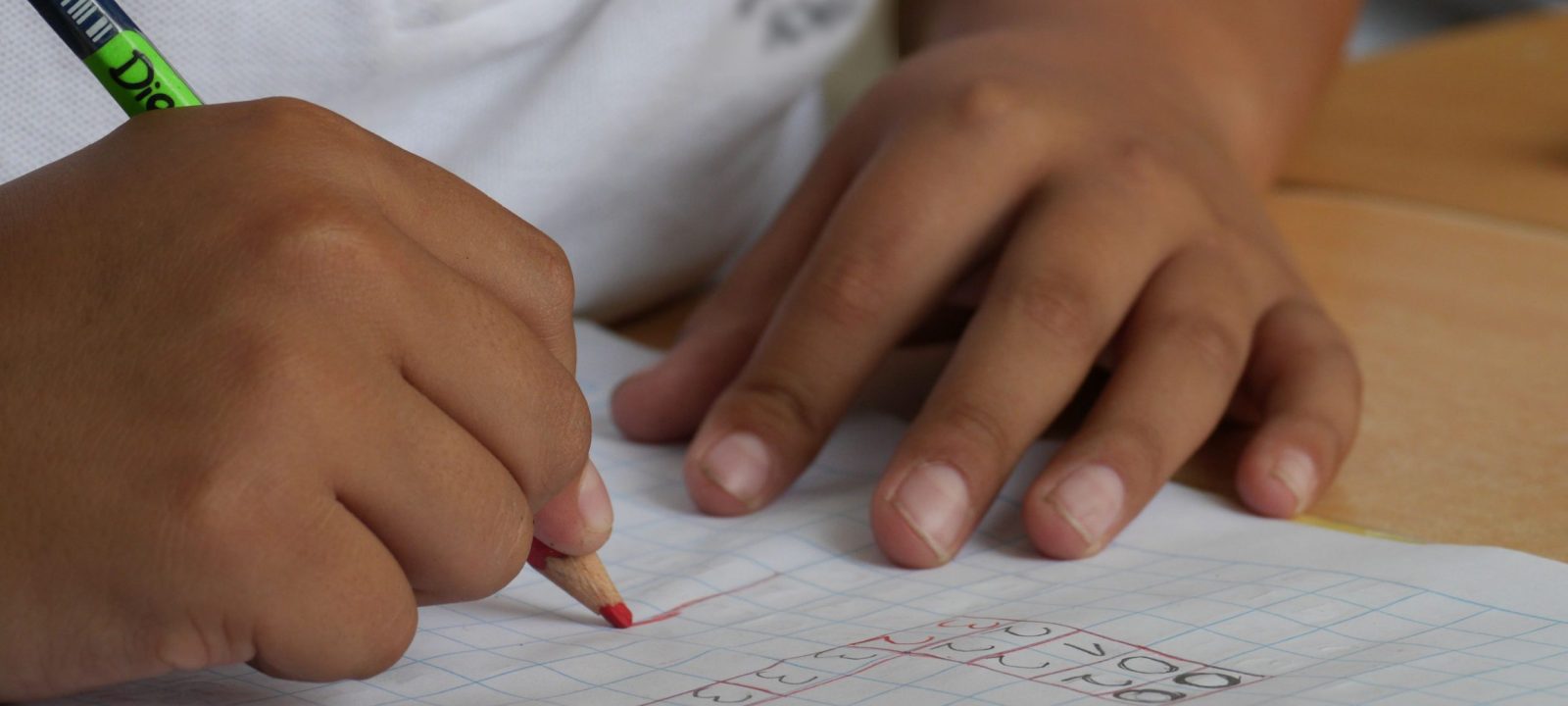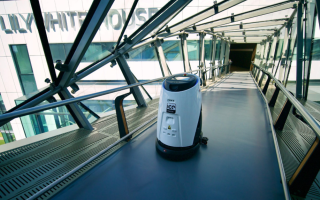Not only is it crucial that every child has access to an education in a safe environment but maintaining the health and safety standards in a school building decreases the risk of injury, illness and other such problems that lead to children having to take time away from school.
A report by the Department for Education exploring school attendance and its effect on attainment at GCSE level revealed that state-funded schools with below average student attendance reported decreased GCSE achievement across the board.
Findings in the report show that 78.7% of Key Stage 4 students with no recorded absences achieved at least 5 GCSEs with a grade between A* and C, with this level of achievement decreasing to 52.8% amongst pupils who were absent on between 5 and 10 occasions during their GCSE years.
Among students who recorded over 55 absences during their final two years of secondary school, achievement of over 5 GCSEs at grades A*-C plummeted to a shocking 3.6%.
With this in mind, it’s imperative that schools do all they can to keep students safe and well, reducing the risk of long-term student absences in the process.
There are all sorts of precautions commonly taken to protect these standards – security measures, building maintenance and such.
However, one all-important way of upholding the high health and safety standards of UK schools is consistently keeping the school clean.
School cleaning isn’t just about the learning environment looking good – it’s crucial for keeping children safe from a range of hazards that may otherwise lead to students losing out on their education.
Read on to explore the ways that effective school waste management cleaning may lead to a decrease in pupils being absent from school.
Protection from germs and viruses
Perhaps the most pressing concern for educators looking to reduce pupil absences, schools are often a breeding ground for bugs and viruses.
The rapid spreading of illnesses in schools is nothing new, though the COVID-19 pandemic has made it an ever-growing problem and a cause behind a high number of absences.
Germs can be spread quickly in schools due to the many individuals coming into contact with the same surfaces – desks, bannisters, doors, sinks, etc. – throughout the day.
In order to slow and reduce the spread of illnesses in schools, it’s never been more important that surfaces throughout the building are thoroughly cleaned and disinfected regularly.
This, alongside staff and students having the means to wash and sanitise their hands, is the most effective way to prevent surface transmission of bugs and viruses.
Prevention of slips, trips and falls
It’s fairly common knowledge that slips, trips and falls are the leading cause of workplace injuries – schools are no different.
Not all of these falls will be playground accidents during games, either.
Given the number of people walking the hallways of schools every day, it’s no surprise that the floors and staircases around the building will be susceptible to the build-up of dust, dirt, spills and discarded rubbish or other items.
The problem comes when this isn’t dealt with swiftly, leading to risks of slips, trips and falls inside the building.
Cleaning the hallways and staircases throughout the school each day will ensure that they remain a safe walkway for staff and students, minimising risks of slips, trips and falls that could otherwise see a pupil missing out on school to recover.
Of course, it’s worth mentioning that every school needs to ensure they have more than enough ‘Wet Floor’ and ‘Cleaning In Progress’ warning signs to cover the building, so that the cleaning process can be carried out as safely as possible.

Reduce risks to asthmatic students
Asthma is estimated to affect around 1.1 million children in the UK, making it the nation’s most common form of lung disease.
Characterised by chronic airway inflammation, asthma is a long-term problem for those who suffer from it, with asthma attacks causing coughs, wheezing, breathlessness and an incredibly tight chest. The most severe asthma attacks may even prove fatal.
Given the seriousness of some asthma attacks, it’s no surprise that some sufferers may require time off school to recover afterwards.
Whilst school pupils with asthma generally have an inhaler that can be used to relieve the symptoms of an asthma attack, prevention is always better than the cure – that’s why it’s crucial that schools do all they can to keep the causes of asthma attacks at bay.
One of the most common and dangerous triggers of asthma attacks is the presence of dust, spores and fibres in the air, as exposure to dust mites and similar allergens may overwhelm the immune system.
With this in mind, it’s crucial that steps are taken to keep the air within the classroom environment as clean as possible.
Regular dusting, sweeping and vacuuming will contribute towards keeping the air clean, alongside using asthma-friendly cleaning products that will not irritate the lungs of asthma-suffering pupils.
School cleaning solutions with Samsic
Samsic UK provides trusted efficient Facilities Management services across a range of industries to both commercial and institutional clients throughout the nation, including clients within the sectors of Education, Retail, Industrial, Public Sector, Healthcare, Pharmaceuticals and more.
The services that we offer are fully bespoke, each tailored to the specific needs of the client.
We’re on hand to schools and colleges across the UK, ready to provide cleaning services to the very highest of standards. We also provide services in reception, security and building maintenance services, all important elements in the running of any educational institution.
For more information or to arrange a consultation, contact Samsic UK today.









